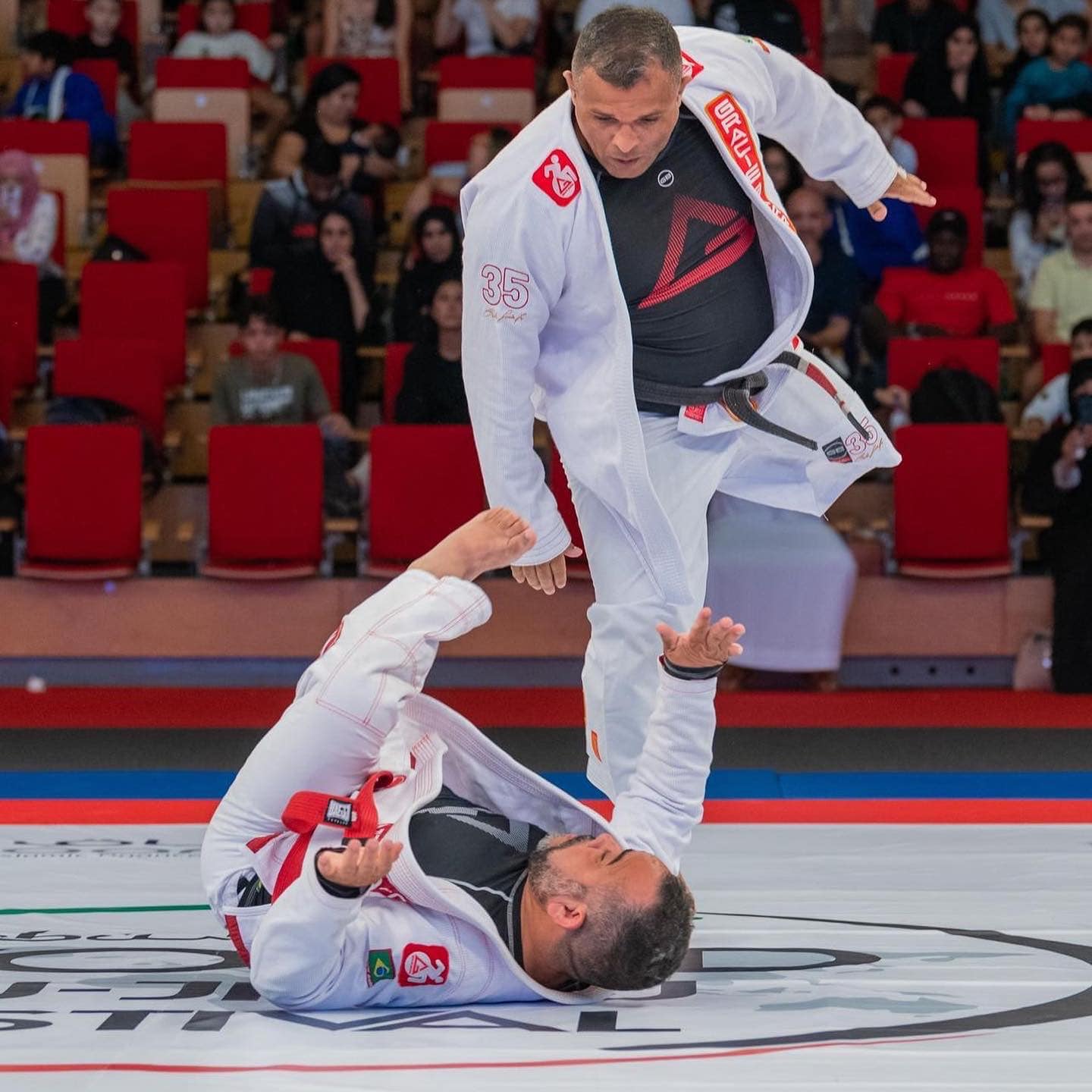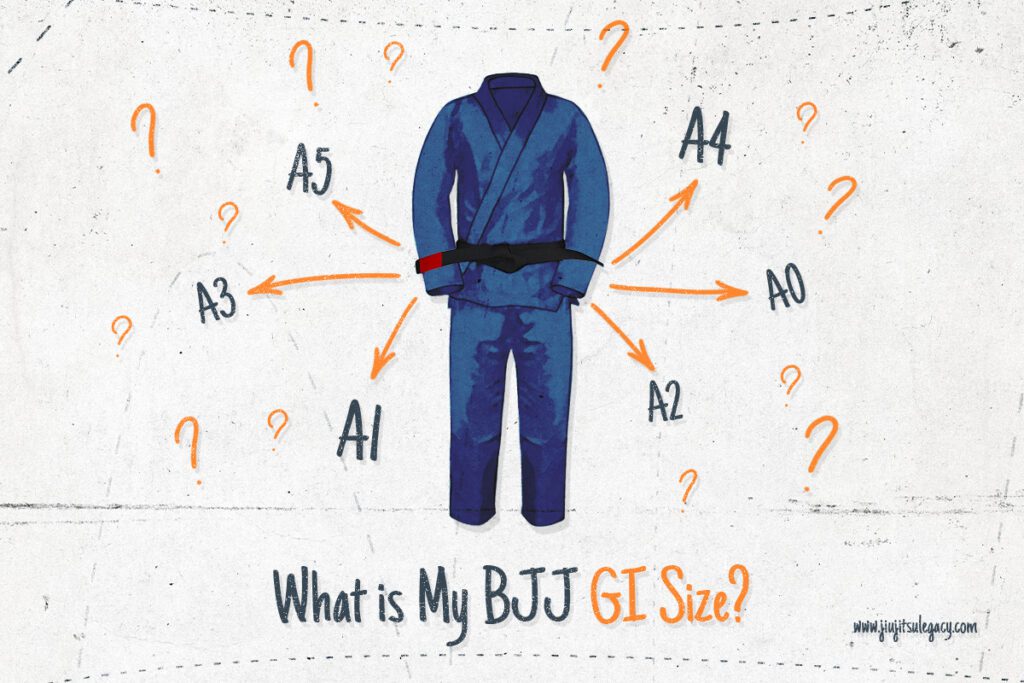Can You Please Introduce Yourself to Our Readers? My name ... Read more
Can You Please Introduce Yourself to Our Readers?
My name is Dima Murovanni. I’┐Įm a BJJ coach training at the BJJ Akademie Berlin. I’┐Įve worked with notable athletes such as Jozef Chen, Jason Rau, Owen Jones, Margot Ciccarelli, and more.
What Is Your Overarching Philosophy When It Comes to Coaching?
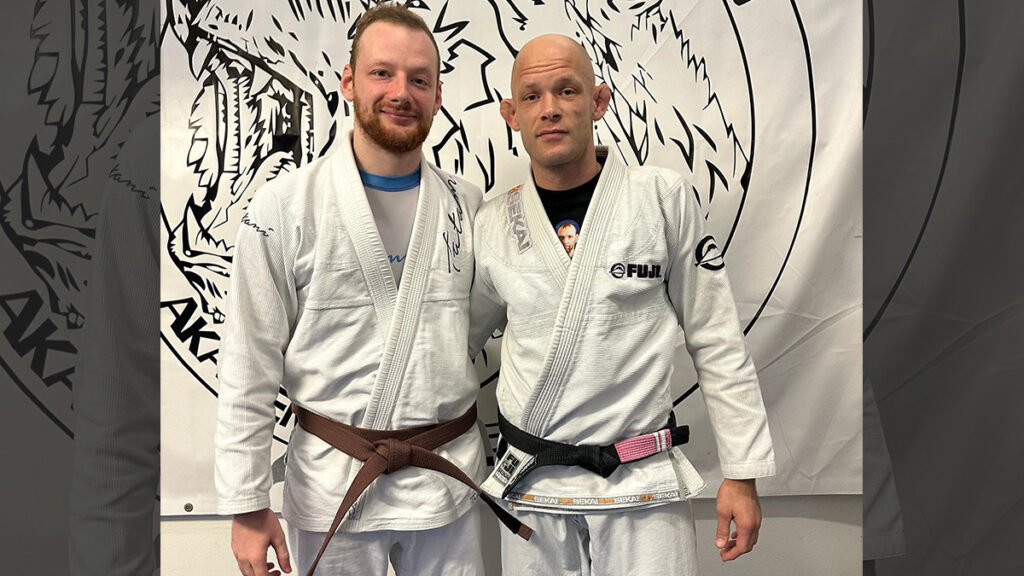 Image: @dima_gjazz
Image: @dima_gjazzThe most important thing for me is to maintain the black belt mindset of always being a white belt. This philosophy was instilled in me by my own coach, Robert Nestor, from the beginning of my BJJ career. I emphasize this to my students as well. I also reject the notion of solely focusing on winning and instead prioritize skill development and self-expression.
Tell Us How Do You Develop Competition Strategies, and How Do You Tailor Them to Each Athlete’┐Įs Strengths and Weaknesses?
In preparation for a competition, it’┐Įs crucial to comprehend the ruleset and identify opportunities for leveraging technique and tactics. Assessing our own strengths and weaknesses guides the selection of an appropriate training program. For significant tournaments, I also analyze our opponents, understanding their strengths and weaknesses, and adjust the training plan accordingly.
In Your Recent Podcast, You Discussed Avoiding Leg Entanglements and Managing Range. Can You Elaborate on These Tactical Considerations and Their Importance in No-Gi Grappling? Or Do These Tactics Depend Specifically on Josef’┐Įs Game?
It’┐Įs immensely beneficial if the athlete can dictate the match location. Being able to choose the battleground increases your chances, unless your opponent is superior overall. I emphasize three passing skills for my athletes:
Holding down opponents or capitalizing on their stand-up attempts. Assessing the risk of entanglement. Feeling at ease in various entanglements and guards.How Do You Balance Intuitive Reactions and Conscious Skill-Building During Training Sessions?
For skill development from scratch, like learning pin escapes as a white belt, start at a pace where you can consciously think about each step. Build these skills by practicing with lower-skilled partners, gradually progressing to higher levels. As you transition to performance training, your intensity increases, and your body intuitively executes actions. However, this requires a foundation built through deliberate skill development, either through mat time or the active thinking approach described earlier, advancing to higher skill levels.
Can You Share How You Help Athletes Overcome Mental Barriers, Particularly After Experiencing Setbacks Like Injuries?
Maintaining a better mental state in BJJ involves not solely being driven by winning tournaments. Injuries can disrupt your goals for an extended period. I emphasize to my athletes that the significance lies in our way of life. Consider if you’┐Įre living as you want to. Training in BJJ means acknowledging injuries as part of the journey. If focused solely on tournament victories and facing a limited prime, it can lead to stress and potential burnout. Understand your desired way of living, including its challenges, to better prepare your mental state for tough situations.
What Methods Do You Use to Build Confidence in Your Athletes, Especially During High-Pressure Competitions?
We make our training as similar to actual competitions as possible so that tournament days feel familiar. Doing well in these sessions means you’┐Įre on track. If not, we identify the areas that need work and focus on improving them in our training.
Could You Provide an Example of How You Helped an Athlete Like Jozef Chen or Linus von Schrenk Improve a Specific Aspect of Their Game?
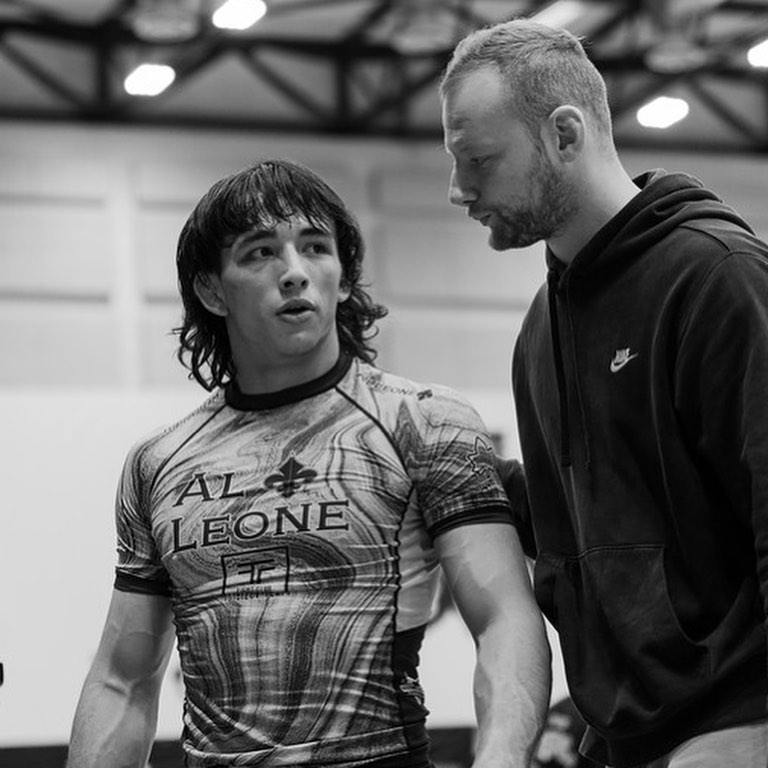
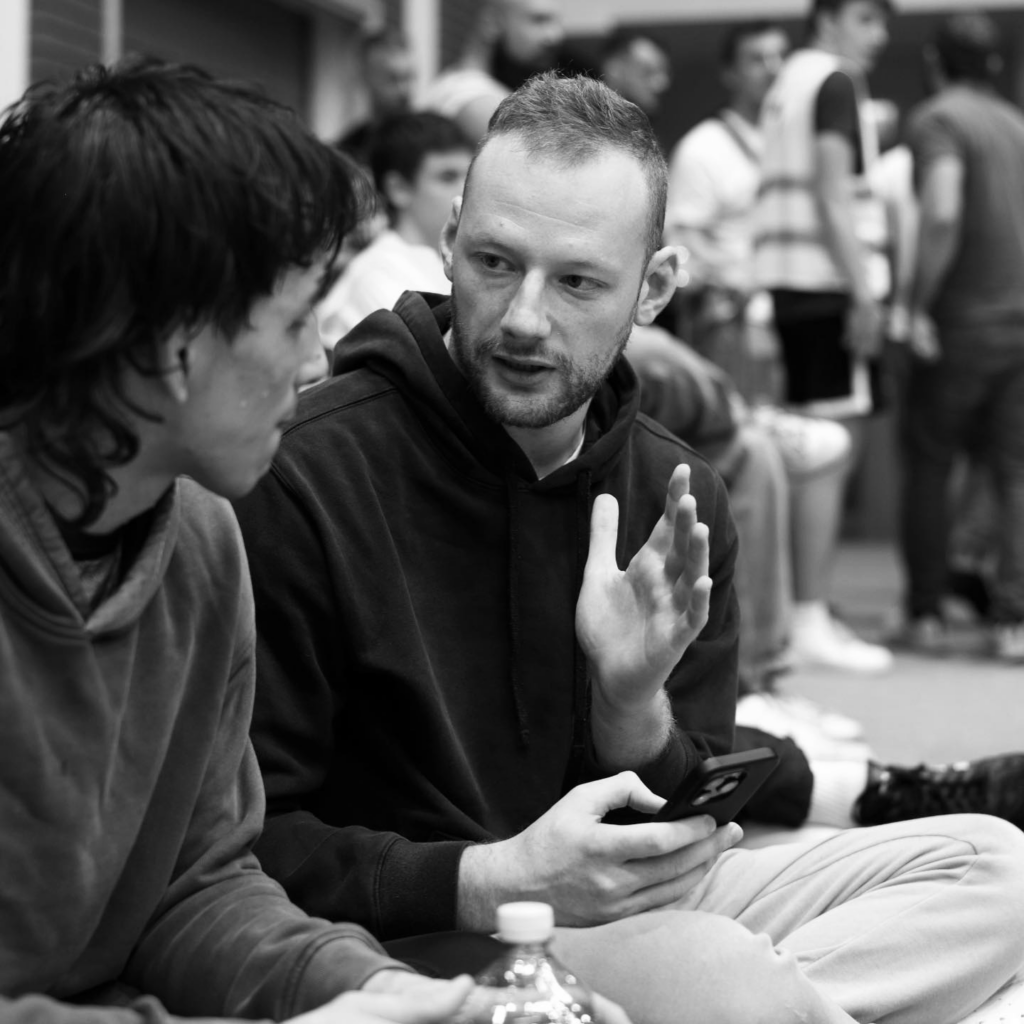 Dima Murovanni & Jozef Chen
Dima Murovanni & Jozef ChenImages: Ed Ralph
In the beginning of the year, Linus lacked a submission-oriented game, aiming to enhance his performance against more experienced opponents. After establishing a strong points-focused strategy, we shifted the training towards submissions. I focused on equipping him with 1-2 high-percentage moves, emphasizing the darce choke. We began with lower-skilled partners and gradually advanced to more challenging competitors. Within weeks, he successfully implemented it in super fights and tournaments to secure victories.
What Is Your Process for Analyzing an Opponent and Developing a Game Plan For Your Athletes?
I isolate myself from distractions, dedicating ample time to analyze training and competition footage of my athletes’┐Į opponents. Identifying strengths and weaknesses, I adjust the training program according to this information and the skill sets of my athletes, considering the time available until the tournament.
What Have Been Some of the Biggest Challenges You’┐Įve Faced in Your Coaching Career, and How Did You Overcome Them?
In my 6-year BJJ career, facing challenges, including 3 years of injuries, shaped me as a coach. Surprisingly, coaching hasn’┐Įt posed major challenges so far, and I find everything enjoyable. Winning or losing isn’┐Įt my primary focus; my goal is guiding.
Dima Murovanni on Social Media




